I’ll never forget the moment.
“Just call Social Services,” my friend suggested, as if she took such drastic action all the time. “Tell them your dad’s been abusing you. They’ll get you out of there.”
I sat speechless, emotions ping-ponging. It’s true I’d been complaining to her about my dad. I was fifteen, too old for the spanking I’d recently received. I was hoping for sympathy, waiting to hear I was justified in my outrage. But rat out my own dad to the government? Expose him to public shame? Unthinkable!
Did I fear tearing my family apart? Or was it the possibility I would be sent to some unknown home, away from the essentially pleasant and prosperous home I’d always known? I can’t recall. I do know I was overwhelmingly horrified at the idea of denouncing my father. And I knew my own conscience wasn’t clear. My punishment didn’t come because I was innocent!
My dad was not a big man, but he was an enormous figure in our home and to me. He laughed loud and yelled loud. We all hopped when he entered the house, getting a meal ready, finishing assigned tasks, ceasing our bickering or backtalk to Mom. I think we all lived for and treasured the rare scrap of praise he might throw our way.
Up to that point, I’d never heard him tell me he loved me. That was still to surprise me three years in the future. Yet respect and honour of him, modelled by my mom, was deeply ingrained in me. I can’t remember Dad ever explicitly teaching this sort of respect. I just knew it was wrong to disobey or mouth off.
At the risk of sounding like an old-timer, the interchanges I see between children and parents today are badly lacking in honour. They often sound like sitcom scripts gone awry.
On TV, a child star quips a line written by a comedy writer and we laugh. Real life kids coming up with their own lines just sound snotty. The kids exude a weary impatience and a patronizing tone, yet the parents don’t correct them. Perhaps the children have learned it from their parents.
If the two eras could meet, my parents’ generation could have learned a thing or two from young parents today, like frequent I love yous, hugs, and easy camaraderie. But today’s parents could learn something from my parents: zero tolerance for disrespect in word, action or tone.
That culture of honour taught me something vital that seems to have gone out of fashion. Fear of the Lord.
It used to be a noble thing to be called God-fearing.
Today, most Christians rush to explain away what the Bible calls fear of God. “It’s not fear, as in being scared. It’s reverence.”
Not so fast! Yes, it is reverence. But it’s the kind of reverence we have for the awesome power of hurricanes and grizzlies. Which, I think, we can admit is fear. And “fear of the Lord is the beginning of knowledge, but fools despise wisdom.” (Prov. 1:7) Without that awestruck reverence, God’s love for us means less. There’s little wonder when our buddy loves us, but utter amazement when a holy God shows grace to a wretch like me.
So, when my friend offered her solution, everything in me rejected it. I shudder to think of the damage I might have done by following her advice. I would have missed out on Dad’s apology to me a few years later. I might have missed later clearing my own conscience with him. Who knows? I might even have missed out on having him walk me down the aisle on my wedding day. Time passed, and I got to see him lovingly hold my babies in his arms. Always generous, Dad contributed to my son’s university education. In my father’s later years, I had the privilege of watching him set aside his own suffering with Parkinson’s to play catch with my son who has Down syndrome.
I thank God He kept me from taking rash action. He knows the future and although His ways are past finding out, they are always right and good. I’m also content with the father God gave me. From him, I learned a healthy reverence for God.
Along with all the reassurances in scripture that God is always good and all loving, let’s never forget the fear of the Lord.
P.S. Have I mentioned here that I’ve joined a group of Christian fiction authors called the Mosaic Collection? Join our Mosaic Reader’s Group here and let us know what stands out to you about your father!

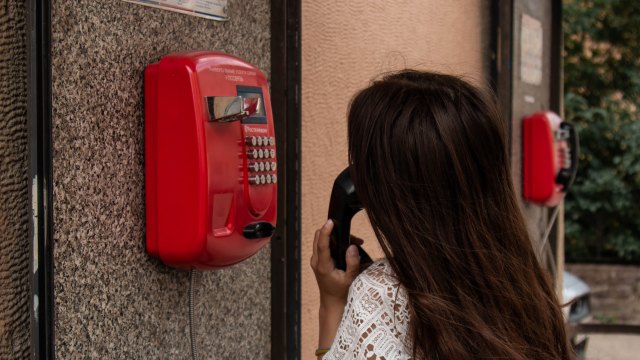

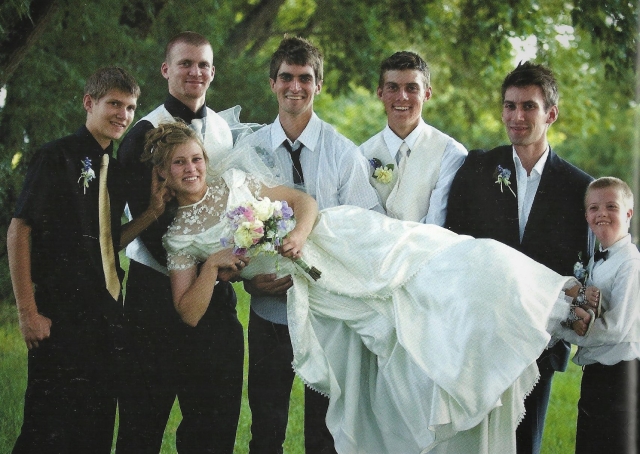











 As you can see, I finally finished a scrap quilt, in memory of our son Paul.
As you can see, I finally finished a scrap quilt, in memory of our son Paul.









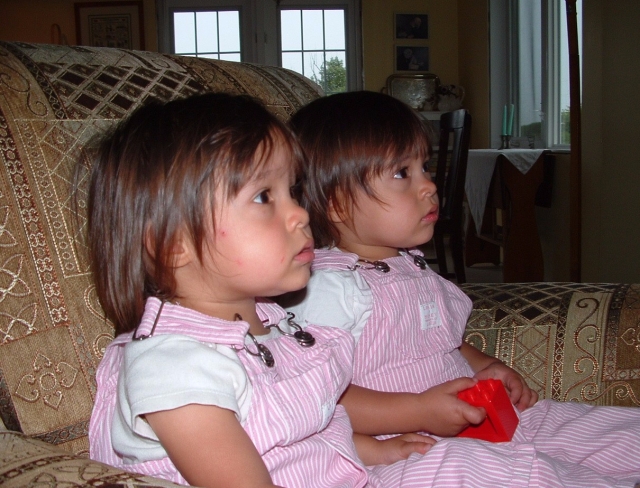
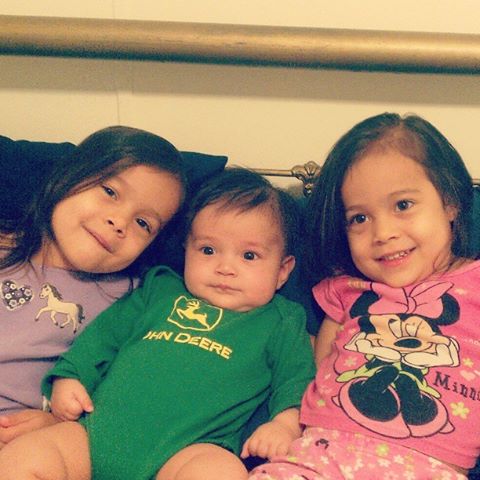
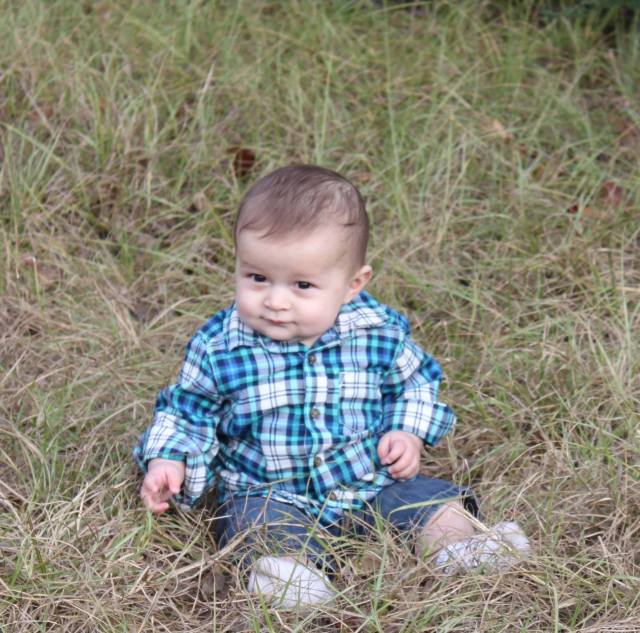

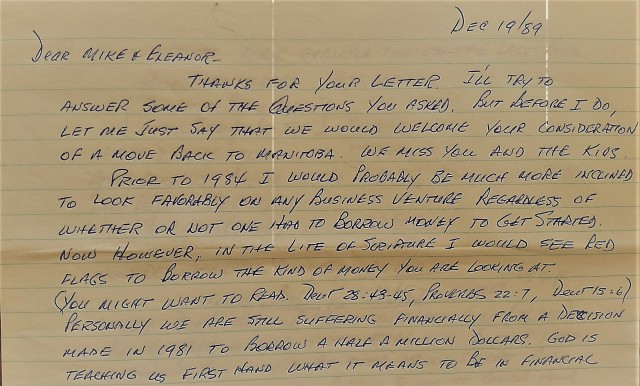
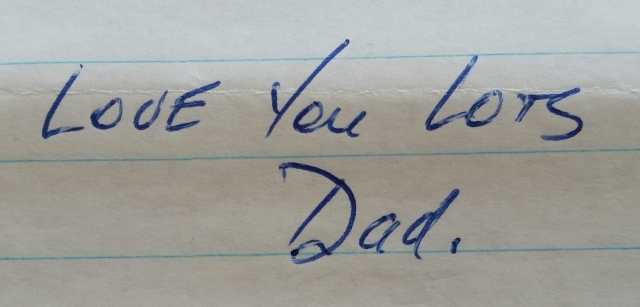
 What I wasn’t expecting was a window into my own soul.
What I wasn’t expecting was a window into my own soul.
 Eleanor Bertin is a new novelist based in central Alberta. Photo by Alyssa Krahn, Alyssa Raeanne Photography.
Eleanor Bertin is a new novelist based in central Alberta. Photo by Alyssa Krahn, Alyssa Raeanne Photography.